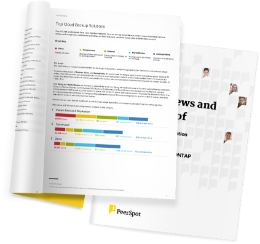There are some challenges with repository file management as GitLab may struggle to manage larger files. Improvements could be made regarding size management and file partitioning. Also, the UI has remained the same for a couple of years and could benefit from an update with AI features and better customization.







